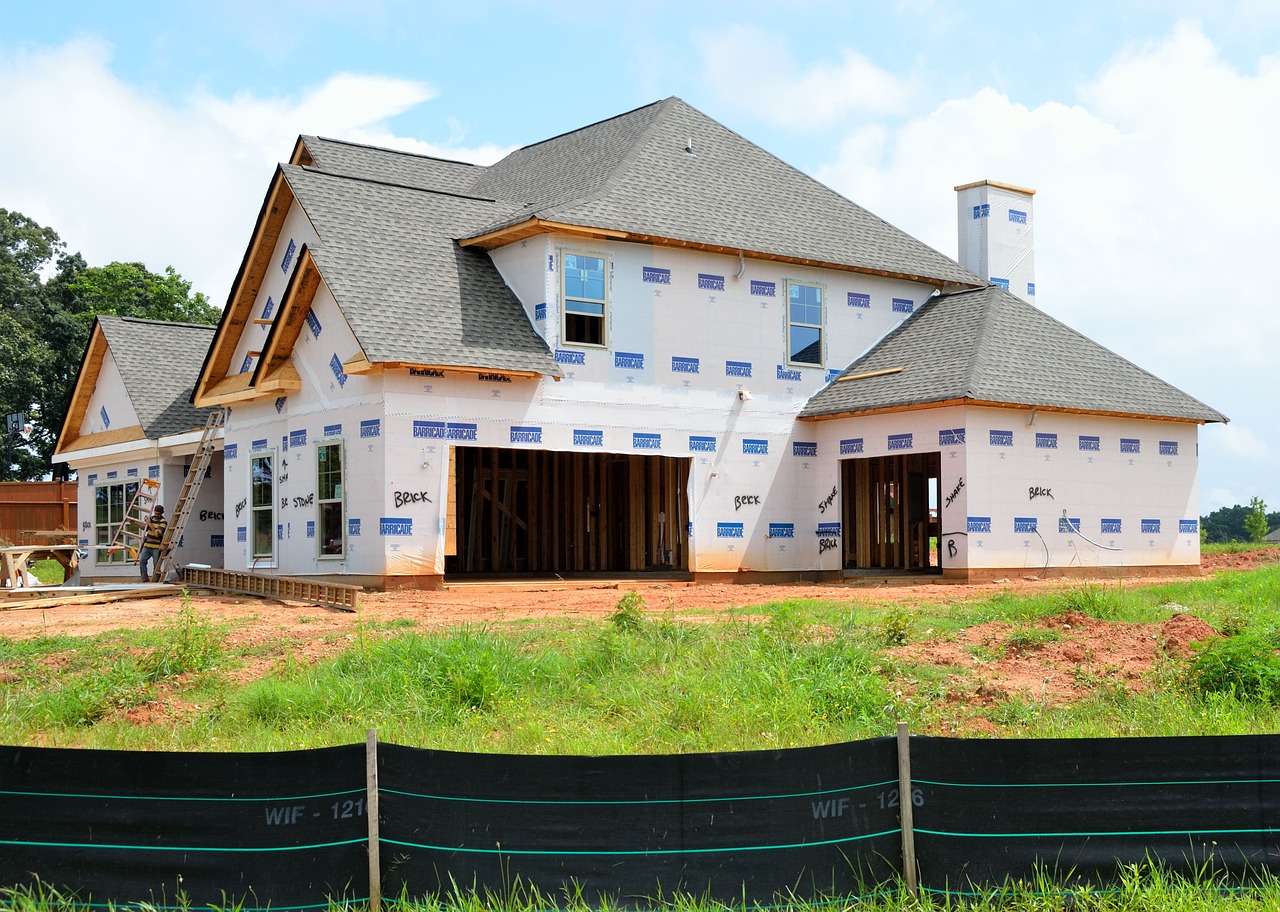For beginner homebuilders, the prospect of getting construction permits for a new-build house can be intimidating. You have probably heard what a pain it can be to navigate the bureaucracy before you can even lay a single foundation on the property.
Yes, chasing the necessary permits required can be a pain depending on where you are building and what you need. But it is something every homebuilder goes through and the vast majority get through it just fine.
Of course, there’s no need to make permitting any harder than it has to be. To make the process a little bit easier, we offer the following tips for getting through the process.
7 Keys to Successfully Navigate the Permitting Process
1. Educate yourself on permit requirements in your area.
Permitting for new homebuilders can vary significantly depending on location and application. The finer details are different depending on where you are getting the permit and what kind of permits you need. It’s also easy to get confused and make time-consuming mistakes without proper research. For example, replacing an HVAC system in an existing home in Seattle requires a residential mechanical permit. But if you are building a new home, the HVAC permit is included as part of the overall building permit.
Keep in mind that some places are much easier to get permits than others. Major cities may have to process thousands of permitting requests from homebuilders in a year. Small towns may have to process far, far fewer requests.
Wherever you are building, chances are there are local regulations and requirements that you will be expected to adhere to. Learn what those are and use them to plan your build.

2. Develop a building plan that incorporates all permitting requirements.
The easiest way by far to ensure you get all your required construction permits is to build everything according to code. It’s much more time-consuming and expensive to go back and fix things to meet permitting requirements than it is to just do things right to begin with. “Measure twice, cut once,” is something you have probably heard before. Plan to build in such a way that your permits are guaranteed.
3. Take advantage of other professionals when you can.
It’s possible you want to do everything yourself. If so, good for you. You will be able to take a lot of pride in your accomplishments. But if you are like most builders, you are aware you have certain limitations in knowledge and experience and want to outsource some projects to others.
Hiring subcontractors does add to your expenses, but it comes with several advantages. The additional expertise they can bring is often extremely helpful. But there is another big benefit outsourcing can offer – subcontractors are often willing to handle the permitting for their particular specialty.
For example, if you have a plumbing contractor bring water into the home you are building, you can usually expect that contractor to handle that part of the permitting process. The nice thing about relying on subcontractors for permitting is that they usually have a lot of experience with getting permits for their specialization. They might apply for permits monthly and have been doing so for years.
4. Approach permitting with professionalism and patience.
For many builders, permitting is a pain because it feels like the opposite of the good parts of their job. Instead of getting your hands dirty, putting things together, and solving problems that interest you, permitting is like doing homework. Multiple documents, research, answering questions that may not seem that important – it’s not most builder’s idea of fun.
Unfortunately, that can lead some builders to ignore construction permitting or not take it as seriously as they need to. But if you want to avoid serious headaches – up to and including being unable to live in or sell the home you build, you have to approach permitting with as much professionalism as you can manage. Try to think like a commercial construction company, which just accepts permitting as part of the job when developing major projects. No matter how frustrating it gets, it has to be done and done right.
5. Take the time to prepare permit applications accurately and completely.
Permit applications vary quite a bit from region to region and application to application. But they all require you to submit accurate and complete information. For regulators to make a decision on approving permits, they need all the information requested on the applications. If you don’t provide that information, you can expect the application to be returned to you or for you to have to complete a new one.
Doing things right with certain applications can be time-consuming. You might have to go through documents and records, talk to others who have helped you with the work, and even ask the permitting office for clarification on what they want from you. It’s extra work and if you have to go back and forth a few times it can be frustrating. Just remember, getting the application right the first time is saving you time and energy.
6. Don’t be afraid to ask for help.
You are not the first person to do this. You can ask questions of other builders, subcontractors, and often inspectors and others at the permitting office. Some people might not be much help. But others will be. Try to be persistent about getting the information and advice you need. Help is out there, even if it’s sometimes hard to find.
7. Be realistic about your timelines.
If you have talked to other builders and they tell you it takes six months to get a certain construction permit, be prepared for it to take six months. Certain municipalities have a huge backlog of permits and can be very slow. There’s not much you can do to change that, so plan accordingly. Being realistic about your timeline from the beginning will save you a lot of headaches.
Remember: Every Hurdle in the Permitting Process Adds to Your Experience as a Builder
Many first-time homebuilders find that the permitting process wasn’t as bad as they were expecting. And those that do run into real challenges tend to overcome them. When it’s all said and done, you will have built a home, and you will be the one giving permitting advice to newcomers.

